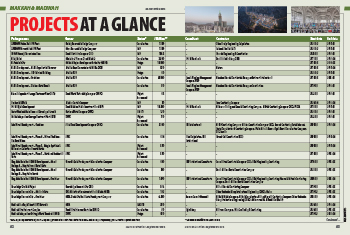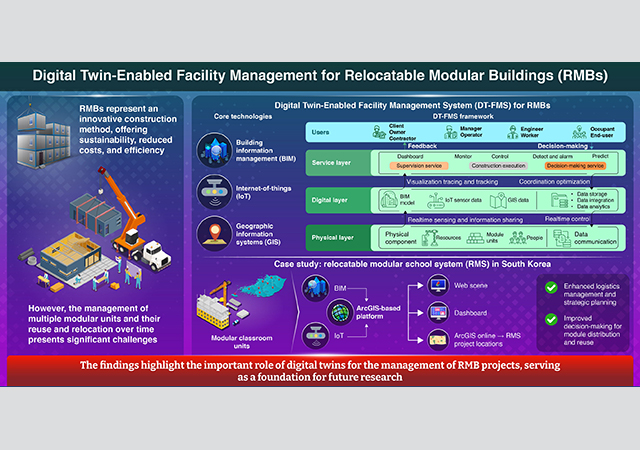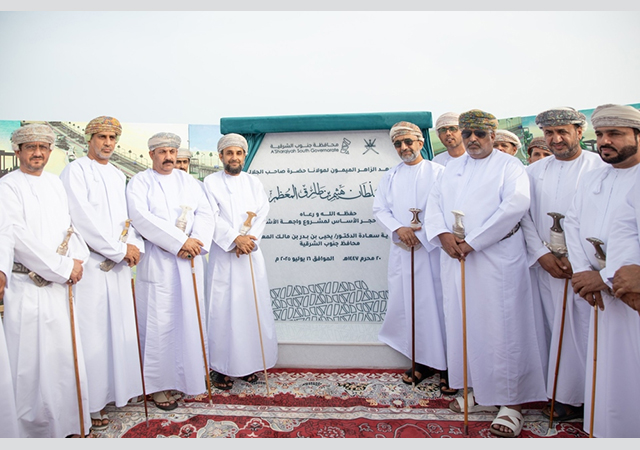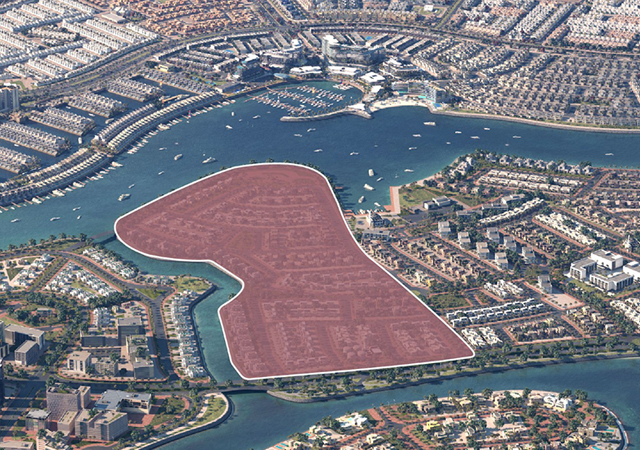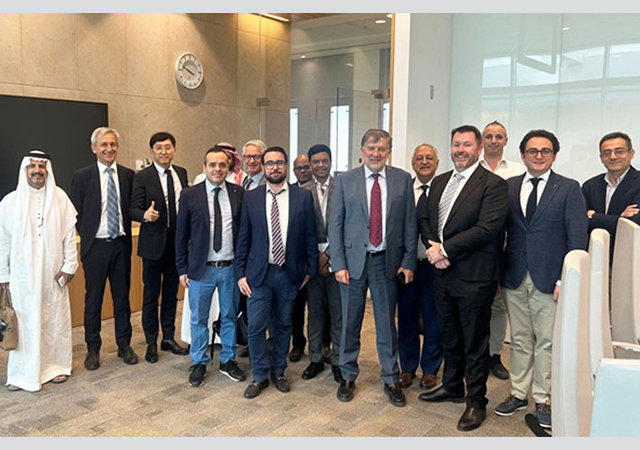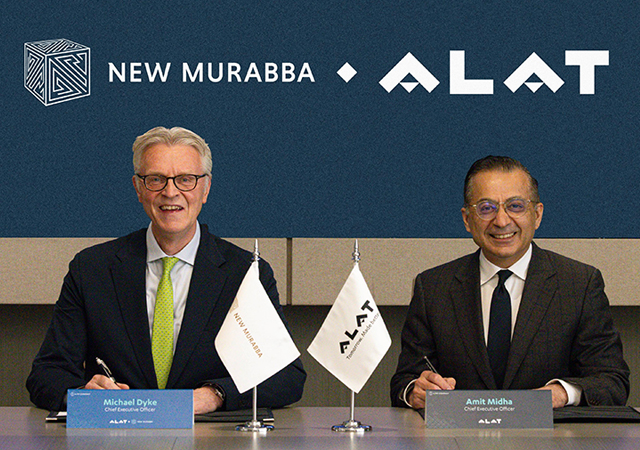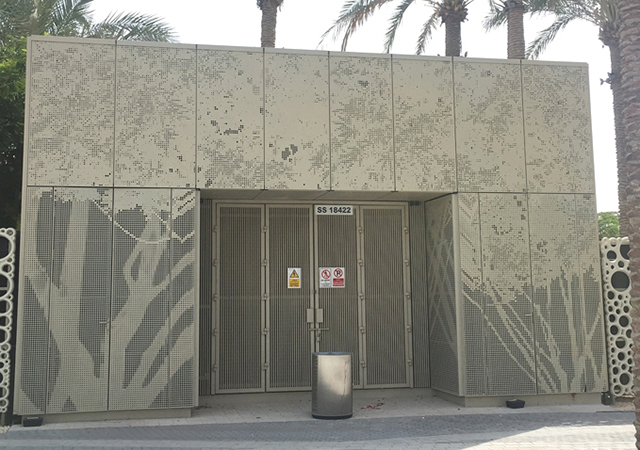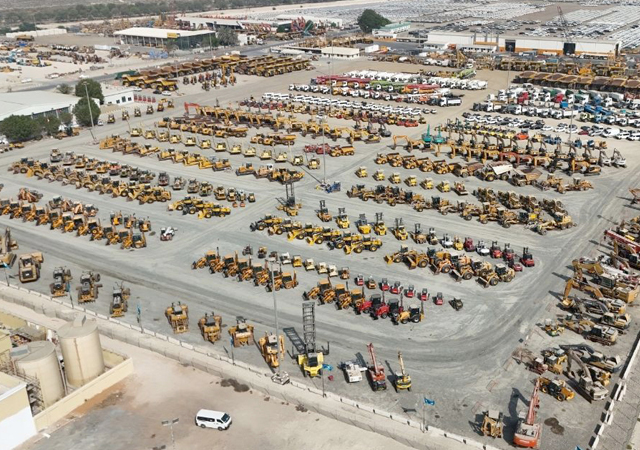
 Jordan
Jordan
We’re on a roll. Last month, we looked at the Dubai Court of Cassation (CoC)’s recent decision not to uphold a Unilateral Option Clause. That decision was in relation to a contractor’s jurisdictional challenge to its subcontractor’s court proceedings, on the basis that the contractor was entitled to direct disputes to be resolved in arbitration. This month, we are looking at a court decision in relation to a procedural challenge, this time to arbitral proceedings. And again, we are looking at a decision from the Dubai Court of Cassation.
Most construction contracts include mandatory disputes escalation provisions; usually set out as preconditions to a party’s entitlement to initiate formal dispute resolution proceedings. This makes jurisdictional or other procedural challenges very common and this is why the CoC’s decision is important.
At the low end, mandatory escalation might be just an obligation to engage in amicable discussions for a set minimum period of time before initiating proceedings. In my experience, parties find the “amicable” part more challenging than the time period!
At the high end, there are elaborate and multi-tiered mandatory steps to bring a dispute to maturity. The exemplar of this is the FIDIC Second Edition main contract suite which seeks to manage the journey of any matter of potential disagreement from inception through a formal determination (binding but not final) then referral to a DAAB (Disputes Avoidance and Adjudication Board) (also binding but not final) and a period of amicable discussion before reaching the start line in arbitration.
Our case went like this: arbitration proceedings were initiated under the arbitration rules of the Dubai International Arbitration Court (DIAC) for recovery of payment on some interim payment certificates issued under a construction contract. An award was made in favour of the claimant. The respondent then initiated its action in the Dubai Court of Appeal to set aside that award on the basis that conditions precedent to arbitration had not been complied with. Specifically: referral of the matter to the engineer for a formal determination and a 56-day period of amicable discussion.
The Court of Appeal dismissed the application to set aside, and it came to the CoC, which reached two important conclusions.
First, the court stated that the issue of non-compliance with mandatory pre-arbitral steps is not a jurisdictional question. In other words, any failure to comply with those steps did not disqualify the arbitration or invalidate the award on the basis that the tribunal should have declined jurisdiction. Instead, the question of compliance with pre-arbitral steps was one of admissibility: whether claims may be presented that have not passed through the required pre-arbitral steps. In other words, any failure in this regard creates an impediment to presentation of the claim, not an impediment to jurisdiction of the tribunal.
And because this was not a jurisdictional question, the CoC said that failure to comply with pre-arbitral steps did not mean that jurisdiction in the dispute switches to the Dubai courts. Instead, the arbitration could be suspended to allow any unperformed steps to be made good.
Separately, the CoC observed that, on the facts, the parties had anyway fulfilled the pre-arbitral steps, to the extent it was practical and logical to do so. Specifically on the obligation to obtain a determination from the engineer, the CoC noted that the engineer had already issued the relevant interim payment certificates so there was no practical benefit in taking the same issue back to him for a determination. And in relation to the mandatory period for amicable discussion, the court also took note that the claimant had repeatedly proposed discussion but the respondent had failed to take up the proposal – and that more than the required 56 days had elapsed before the arbitration was commenced.
This judgment will not formally bind future Dubai courts, but the CoC’s conclusion is a surprise because it had, on several previous occasions, decided that such non-compliance is a jurisdictional question, rendering an arbitral award invalid. This new decision is at least an indication of alignment with the more common international approach, which generally is to uphold the jurisdiction of the arbitral tribunal in these circumstances.
The CoC’s factual observations about substantive compliance also look pragmatic, although this assessment would be for the arbitral tribunal to make. Observers might have expected the CoC to have considered anything but strict compliance with the pre-arbitral steps, to have been defective, especially where those steps are expressly conditions precedent to arbitration.
Escalation through discussion and/or interim adjudication may or may not resolve a dispute but it should, at the least, define the dispute. This is a good thing. One criticism of elaborate, multi-tiered mandatory escalation is that it presents more scope for a recalcitrant party to manipulate, delay and argue procedural points with the intention of making formal challenges to arbitration proceedings or awards later on.
For now, this decision will at least be a comfort to parties working to get their dispute to arbitration.
* Dubai-based Stuart Jordan is the Global Head of Construction for Baker Botts, a leading international law firm. He has extensive experience in the Middle East, Russia and the UK.











